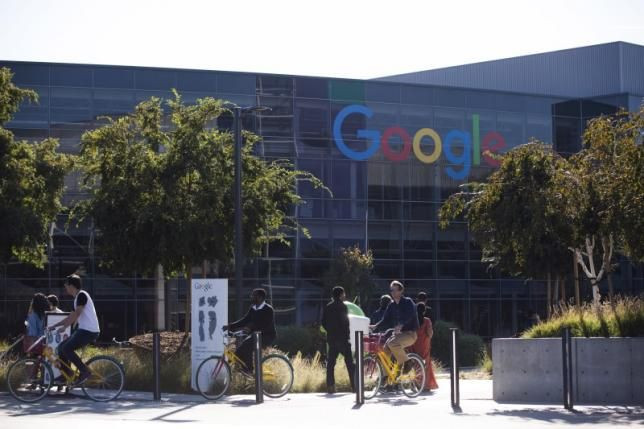Google-Backed Undersea Cable, Called Faster, Launched Between US, Japan

Nearly two years after Alphabet unit Google Inc. announced a deal to connect Japan and the United States with a high-speed undersea internet cable, the company’s head of technical infrastructure announced Wednesday that the 7,200-mile fiber-optic cable is in service.
“Internet users and our customers in Japan today should notice things seem to be moving a bit…FASTER,” Urs Hölzle wrote on his Google+ account Wednesday, referring to Faster, the name of the trans-Pacific cable system build with technology from Tokyo's NEC Corp.
The $300 million project brought together Google and five other companies (China Mobile International, China Telecom Global, Global Transit, KDDI and SingTel) to make the trans-Pacific connection between the southern Japanese cities of Chikura and Shima and Badon, Oregon, close to the Dalles, one of Google’s massive data sites.
“It’s worth noting that Google also plans to launch its Google Cloud Platform East Asia region in Tokyo later this year,” TechCrunch wrote. The cable is said to be important for dependable high-speed cloud computing between Asia and North America.
In all, the cable comprises six segments, including the 5,600-mile cable between Oregon and offshore Chikura, and two that connect offshore Shima to Taiwan.
So what kind of speeds are we talking about? According to Hölzle, Faster will deliver 60 terabytes per second between Japan and the U.S. West Coast, meaning it will send data 10 million times faster than a typical cable modem.
The fiber-optic cable is the first to utilize 100 colors of light in different frequencies – the more colors and frequencies, the more data can travel along the fibers. About every 40 miles, the cable has a repeating mechanism that “re-energizes” the signal to keep data traveling at a consistent rate.
Google is currently working with Facebook to build a trans-Atlantic cable that will be able to carry 160 tetrabytes per second. That’s a lot of Facebook updates.
© Copyright IBTimes 2025. All rights reserved.






















